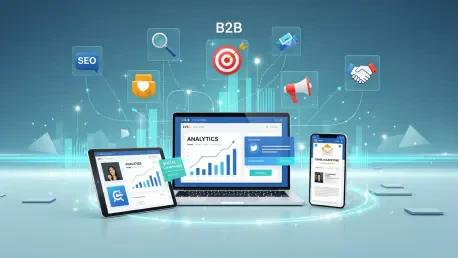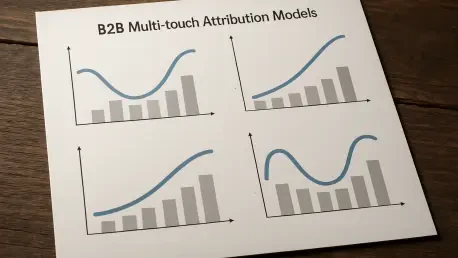
Over 70% of chief marketing officers say their current marketing structure limits their ability to respond to market shifts, which is a strategic vulnerability. For years, B2B marketing leaders have operated using fixed models: outsourced agencies, insular in-house teams, or performance-driven lead

For years, B2B marketers have treated digital as a funnel – a pipeline engineered for efficient lead capture, qualification, and conversion. The playbook was predictable: attract, nurture, convert, repeat. However, in today’s buyer landscape, characterized by hyper-informed audiences, fragmented

Over 80% of buyers use digital channels to interact with products and make purchasing decisions. This whopping figure highlights the importance of a strong online presence in driving sales and engagement. Rising customer expectations, tighter budgets, evolving privacy laws, and longer buyer

B2B sales cycles are complex, involving multiple touchpoints and stakeholders, and often taking months to close a deal. To navigate this, companies use multi-touch attribution to clarify the buyer's journey and pinpoint how marketing and sales contribute to success. However, implementing this can

B2B marketing leaders are gearing up for 2026 with bigger budgets and higher expectations. According to a recent Forrester report , 83% of decision-makers predict their investments will grow in the next year. Nevertheless, the current economic and geopolitical issues still require careful

Influencer programs win impressions, but they rarely move procurement, shorten deals, or raise lifetime value. In B2B, trending content is fine—until your CRO asks for pipeline impact. Most programs stop at impressions, with only a small fraction ever tied to qualified opportunities or revenue.